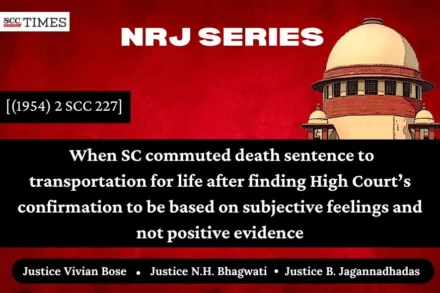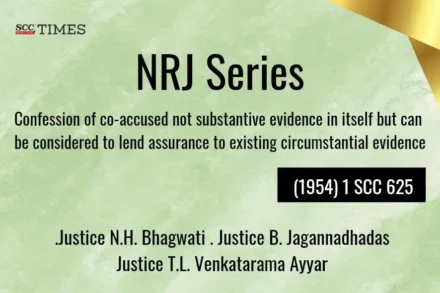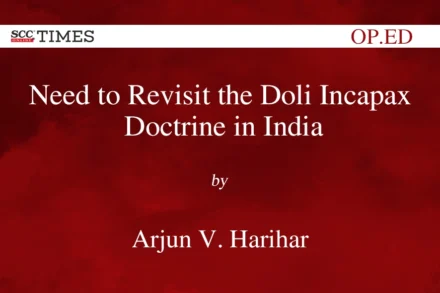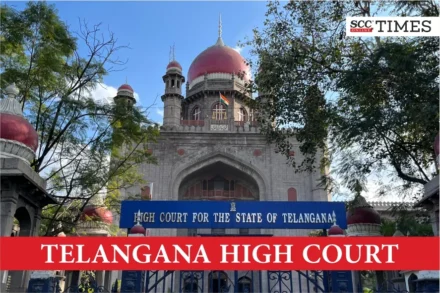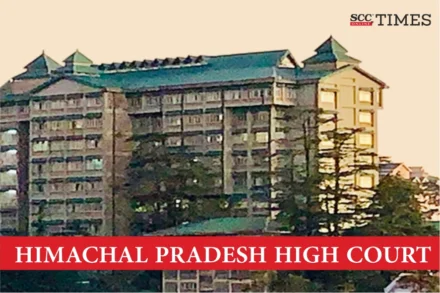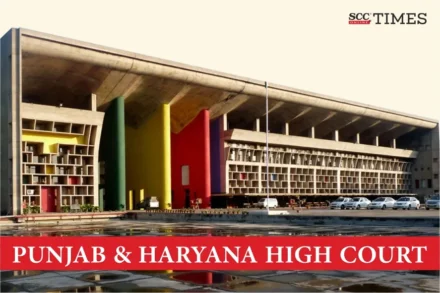
‘No mention of accused persons awareness of caste at time of alleged incident; even otherwise remarks not made in public place’: P&H HC quashes SC/ST Act case
In the present case, the complaint remained pending for several years and no application was filed by Respondent 2. Now, no purpose would be served by ordering the prosecution of the accused persons, after a long delay of 14 years, when Respondent 2 and his co-accused have already been convicted in a criminal trial, relating to the same occurrence.



